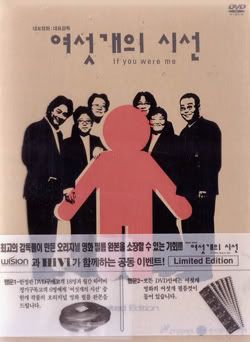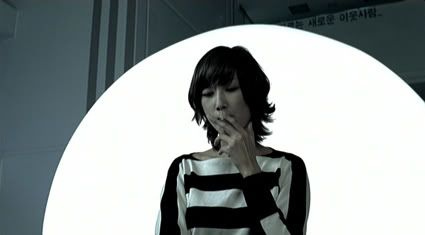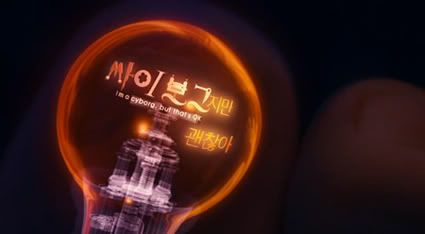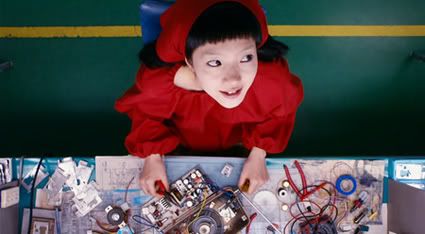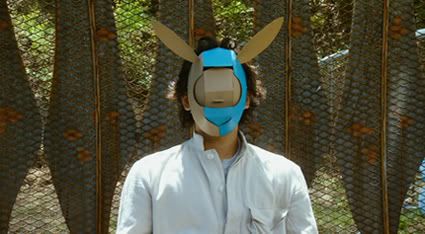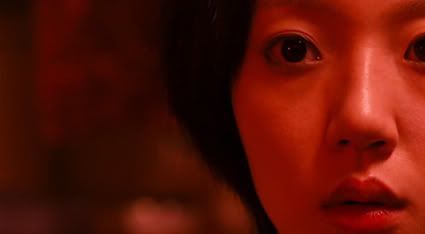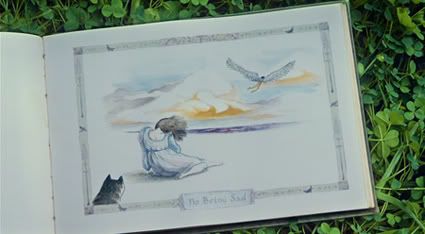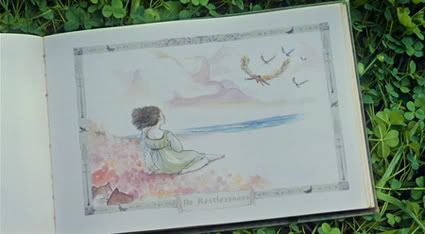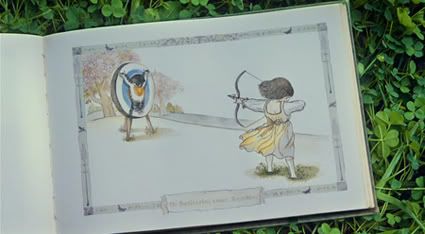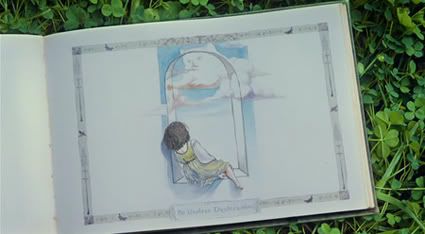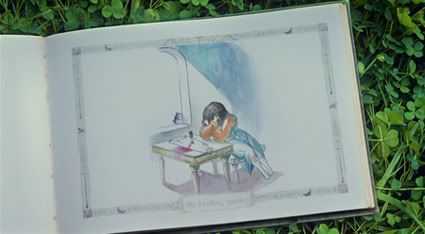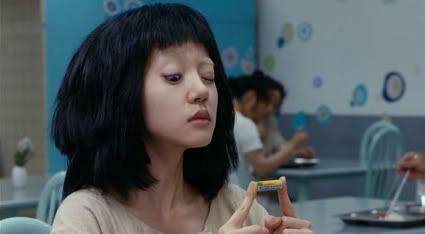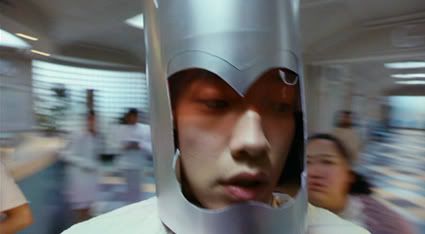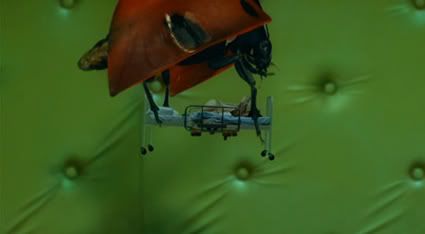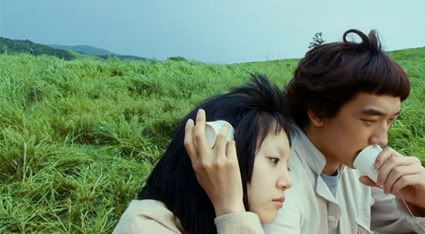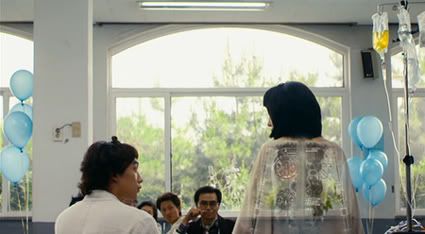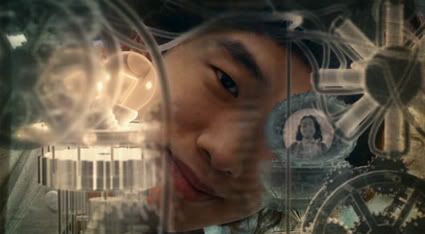 Nobody Knows
Nobody Knows (Hirokazu Kore-eda, 2004) - 9.5/10
A realistic portrayal into the lives of four siblings who struggle to survive and live on their own. After their mother takes off, the oldest sibling Akira, is left responsible to maintain their survival. Based on true accounts (which appear more grisly than what the film portrays), Nobody Knows sustains the touch of realism. The film sucks you into the lives of these characters, with a feeling of empathy through their innocent persona and heartbreaking moments.
Time (Kim Ki-duk, 2006) - 8/10
My fourth Ki-duk film which looks into Korean's societies' fascination with plastic surgery. Time specifically focuses on two lovers, where Seh-hee questions her lover's (Ji-woo) appreciation of her physical attributes. Is Ji-woo tired of gazing at Seh-hee's same features day after day? Would plastic surgery cure Seh-hee's doubts? Time contains some confusing and fascinating moments. Confusing, when characters appear or don't appear to be who they are. Fascinating, in how the film gets you thinking at the few twists. In the style of Ki-duk, the characters and actions don't really add up to reality.
Windstruck (Kwak Jae-young, 2004) - 7/10
Not a follow up/sequel to My Sassy Girl, which stars the same main lead and directed by the same director. Jun Ji-hyun (Kyung-jin is her character name) plays almost the same character traits she played in My Sassy Girl, as someone who doesn't care what others think, who is mentally strong, thinks on impulse, and edgy. Here, she plays a cop who meets a guy (Myung-woo) whom she mistakenly arrests. Myung-woo volunteers as a neighbourhood patroller, and finds out his partner is Kyung-jin. A light-hearted romantic comedy with some entertaining/comedic action takes. The ending could have killed the film with sappy melo-drama accompanied with a ridiculous dream/heaven like scene.
Infernal Affairs (Lau Wai-Keung & Mak Siu-Fai, 2002) - 8/10
A dectective thriller featuring two of Hong Kong's biggest stars, Andy Lau and Tony Leung Chiu Wai. Both of their main characters are planted in as moles within the police force and the local triads. The task is to outwit one another and unveil their hidden identities. Lau and Leung exert great wit and force within their roles, leading us to unexpected results for the finale.
Riding Alone for Thousands of Miles (Zhang Yimou, 2005) - 8/10
A relationship between a Japanese father and his son turns cold from past circumstances. Only their pride barricades both, straying them apart, until it is too late to settle their differences. Riding Alone for Thousands of Miles, is also the title given to a Chinese opera portrayed in the film. Takata, the father of his ailing son attempts to make-up for their differences by filming the opera, Riding Alone for Thousands of Miles, located in China. Takata decides to travel to China to fulfill his son's adoration for the opera. A solemn piece of work different from other Yimou's filmography that made him renown for the extravagant works displayed in Hero or House of Flying Daggers.
Fearless (Ronny Yu, 2006) - 5.5/10
A cliche filled and predictable film featuring revenge, remorse, broken promises and friendship. Jet Li plays a fighter trained in the art of wushu, and renown for his skills and competitiveness in his hometown. Barred from setting sights in the art when he was a child, Huo Yuanjia continues his father’s teachings after his death. Yuanjia’s cockiness and erratic actions attract rivals, strangers that feed off his success, and family tragedies. Years working in an isolated village consoles his sorrows and make amends for past actions. The clichés, predictabilities, and cringe inducing acting from Li dampens the film. A couple positives, good cinematography and the finale between Yuanjia and his Japanese competitor.
